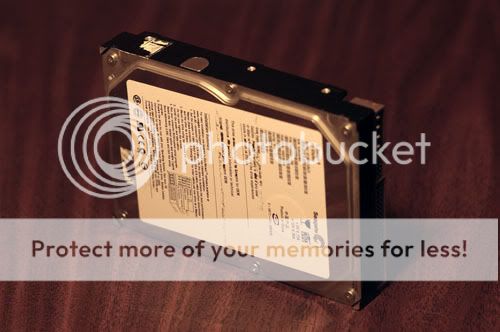I have worked with computers for over 10 years, so I'm fairly experienced - however, I have never heard anything about hdd lifespans in different orientations, other than that you should pick an orientation and stick with it (ie, don't put it in vertically and then after a year make it horizontal). I have no idea whether or not that is true, but if it is the case that, say, parts get worn differently in different orientations and that changing the orientation after a while could cause troubles, I would suggest that it still wouldn't matter enough, considering the lifespan of a hdd (not how long it can last, but how long you will want it to last - 2 years from now your nice hdd will be tiny and dirt cheap, and you may want to replace it just for the sake of reliability).
Personally, I assume that it doesn't matter at all - at least, not with regards to any concerns you mentioned. Cooling is an altogetehr different matter, though. If your hdd is in a verticle position, it will not trap as much air beneath it; this may be beneficial in some cases. With your case, I doubt airflow is going to be an issue, so mount it however you wish ... pick a way that minimized cable clutter.


 My background is electrical and mechanical engineering but Aerospace does sound more Bling Bling.
My background is electrical and mechanical engineering but Aerospace does sound more Bling Bling. 
